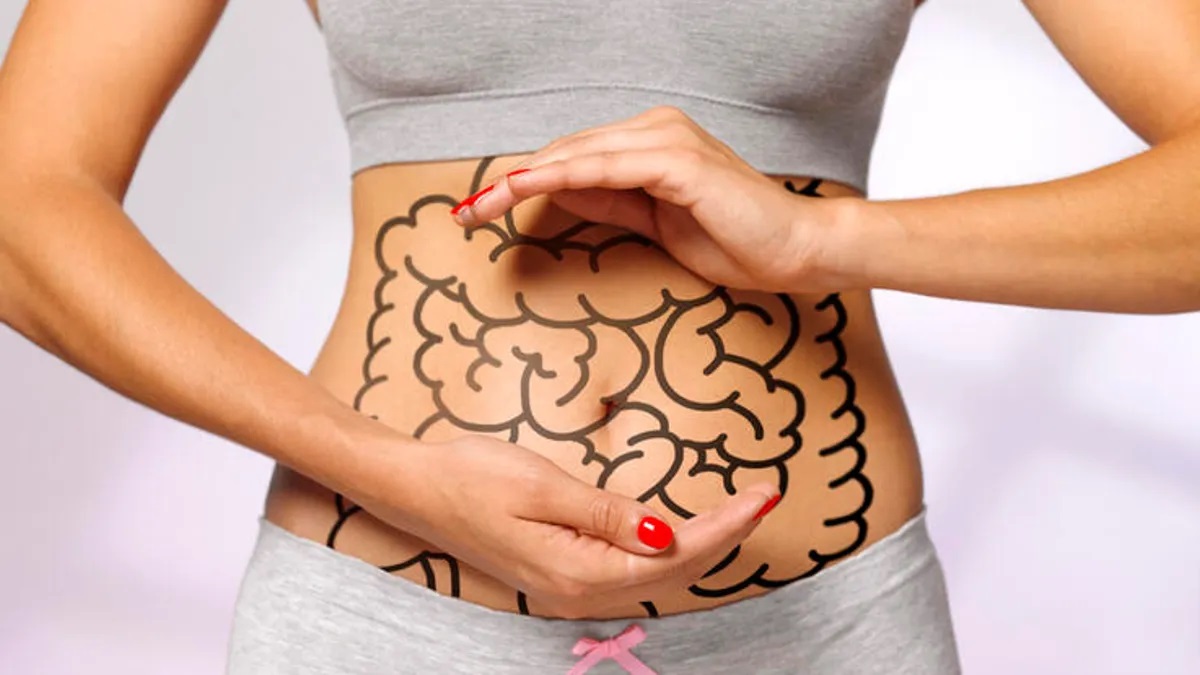Introduction
The gut-brain connection, often referred to as the gut-brain axis, is a complex and fascinating communication network that links the gastrointestinal system to the brain. This intricate relationship has profound implications for both mental and physical health in women. In this article, we will delve into the gut-brain connection, exploring its mechanisms and its role in women’s overall well-being.
the gut-brain axis: an overview
The gut-brain axis is a bidirectional communication system that involves the central nervous system (cns), the enteric nervous system (ens) of the gut, and the gut microbiome. This network allows for constant communication between the brain and the gut, influencing various physiological and psychological processes.
implications for women’s health:
Understanding the gut-brain connection is particularly relevant for women’s health, as it plays a significant role in the following areas:
1. Mood and mental health:
– depression and anxiety: research suggests that imbalances in the gut microbiome can influence mood disorders such as depression and anxiety. Women are more likely than men to experience these conditions, making the gut-brain connection a crucial consideration for women’s mental health.
– stress response: the gut-brain axis also modulates the body’s stress response. Chronic stress can disrupt the balance of gut bacteria, potentially leading to increased stress levels and exacerbating mental health issues in women.
2. Hormonal health:
– menstrual cycle: hormonal fluctuations during the menstrual cycle can impact gut function and gut microbiota composition. Understanding this connection can help address gastrointestinal symptoms that some women experience during their menstrual cycle.
– menopause: the gut-brain axis may play a role in menopausal symptoms, including mood swings and cognitive changes. Maintaining gut health can potentially alleviate some of these symptoms.
3. Digestive health:
– irritable bowel syndrome (ibs): ibs is more common in women, and its symptoms can be influenced by stress and mood. Managing gut health through dietary choices and stress reduction techniques can improve the quality of life for women with ibs.
– gastrointestinal disorders: various gastrointestinal disorders, such as inflammatory bowel disease (ibd), may have connections to the gut-brain axis. Managing stress and mental well-being can complement medical treatments.
4. Immune function:
– autoimmune diseases: women are more prone to autoimmune diseases like multiple sclerosis and lupus. Emerging research suggests that the gut microbiome may play a role in autoimmune conditions. Balancing gut health could be a potential avenue for managing these conditions.
how to support a healthy gut-brain axis:
- diet: consuming a balanced diet rich in fiber, prebiotics (foods that nourish beneficial gut bacteria), and probiotics can support gut health and promote a diverse microbiome.
- stress management: stress reduction techniques such as mindfulness, meditation, and yoga can help regulate the stress response and maintain a healthy gut-brain connection.
- regular exercise: physical activity has been shown to benefit both gut health and mental well-being.
- adequate sleep: prioritizing quality sleepis essential for overall health, including the gut-brain axis.
- consultation with healthcare providers: women experiencing gastrointestinal or mental health issues should consult healthcare providers who can offer personalized advice and treatment options.
conclusion
The gut-brain connection is a dynamic and intricate system that influences various aspects of women’s mental and physical health. By recognizing the significance of this axis, women can take proactive steps to support their gut health, manage stress, and promote overall well-being. This holistic approach to health can empower women to lead healthier and more balanced lives, ultimately enhancing their quality of life.



